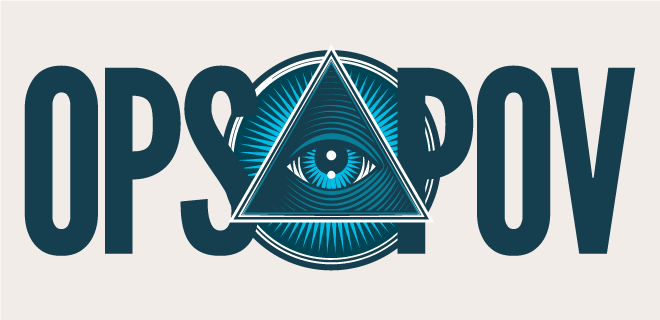
With the third-party cookie deprecation, there’s an opportunity for pubs to regain control of the advertising ecosystem. By building solid data strategies, based on ethical privacy-safe collection methods, and stopping data leakage, publishers can monetize audiences through direct pathways and emerge victorious.
In the fast-paced world of digital publishing, cookies once played a pivotal role in enabling seamless functionality across the monetization ecosystem.
They facilitated communication between supply-side platforms (SSPs), demand-side platforms (DSPs), ad servers, and attribution platforms. With cookies, ad servers could efficiently apply frequency capping, and attribution platforms could report on view-through conversions—all without the need for active participation from the publisher.
Cookies were indeed powerful, but the landscape is shifting. The impending deprecation of third-party cookies is sending ripples across the digital advertising industry, impacting everyone from publishers to advertisers and consumers. However, amidst the disruption, there lies a remarkable opportunity for publishers to reclaim their power.
The Naked Publisher: A Tale of Data Exposure
In the past, publishers were, in a sense, “naked” due to the industry’s heavy reliance on third-party cookies.
Their valuable audience data, from pageviews to session depth, was laid bare for third parties to exploit. This vulnerability stemmed from the way data flowed through the digital advertising pipes — the sell side, buy side, activation, and measurement entities listed above.
The interruption of these data pipelines is bound to impact revenue streams, but it also represents an opportunity that should not be underestimated. Publishers, instead of lamenting the loss of cookies, should seize the moment.
Redefining Data Ownership and Trust
Historically, publishers stored both first-party and third-party IDs as cookies. While this allowed SSPs, header wrappers, ad servers, and others to access these identifiers, it also spurred the problems of data leakage and the lack of exclusive audience ownership associated with third-party cookies.
Audiences were commoditized as a byproduct of third-party cookies. Publishers’ valuable audiences were never really theirs because the audience could be learned via open pipes and found on inventory elsewhere.
With control over their data, publishers can win more direct revenue and positively impact their bottom line by only sharing Deal IDs versus user IDs through the programmatic pipeline.
Publishers, however, can adapt to the changing landscape by reevaluating their data storage strategies. While some functions still require data accessibility, the evolving market dynamics allow publishers to control access to their proprietary audience data.
It is the publisher’s responsibility as to how they make their data accessible and if the subsequent strategy will result in devaluing their audience for direct buys. They can differentiate between data stored locally and data used for offline matching through techniques like data clean rooms and customer data platforms (CDPs) to facilitate direct media buys.
This shift empowers publishers to instill more trust with their readers by collecting opted-in, verified, and usable first-party data. The era of the cookieless future beckons publishers to take ownership of their audience relationships like never before.
The Evolution of Publisher Power
Embracing this evolution will significantly enhance publishers’ ability to generate premium, direct demand.
Whether audience segments are derived from attributes provided by the publisher or the brand, the key is to ensure that the data is stored appropriately. Publishers can then extrapolate their audience data against all of their inventory, unlocking untapped potential.
In this cookieless future, publishers hold the key to retaining control over and monetizing their audiences while plugging data leaks. With control over their data, publishers can win more direct revenue and positively impact their bottom line by only sharing Deal IDs versus user IDs through the programmatic pipeline. By investing in the right infrastructure and processes to independently store their first-party data, publishers can emerge as the true powerhouses of the digital advertising world.
Seizing the Cookieless Opportunity
As the digital advertising landscape evolves, publishers who proactively plan ahead and implement the right systems and solutions will emerge as leaders.
They will harness the true potential of first-party data, ensuring that the future is not just cookieless but also brimming with opportunities for growth and innovation. The power lies in their hands, and it’s time to wield it with confidence.